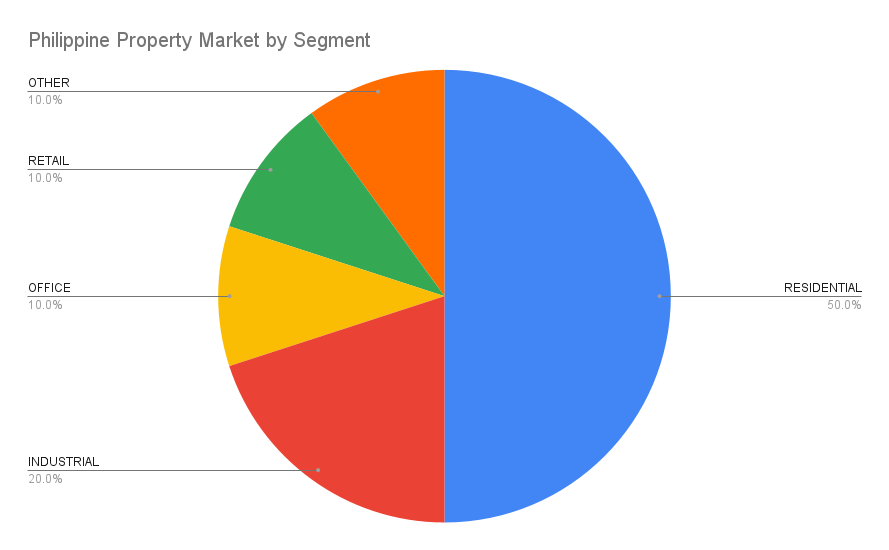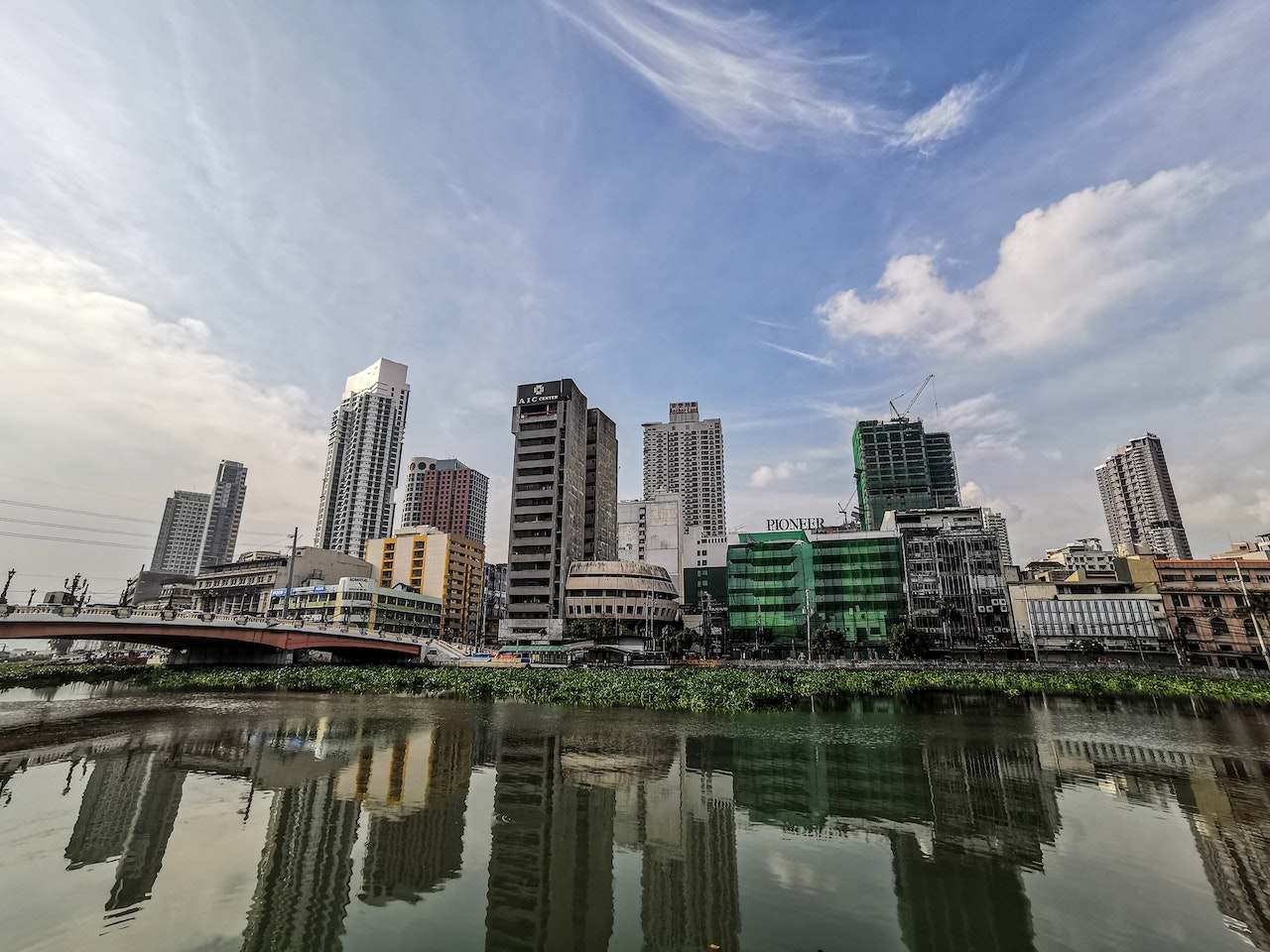Title: Philippine Property Market 2023: A Comprehensive Outlook
The Philippine property market is set to experience a strong finish in 2023, despite the challenges it faced due to the COVID-19 pandemic. With the easing of restrictions and the country’s steady economic recovery, the property sector is expected to rebound and continue its growth trajectory. In this article, we provide a comprehensive outlook on the Philippine property market in 2023, highlighting the trends, challenges, and opportunities that investors and developers should watch out for.
Current State of the Philippine Property Market
The Philippine property market is currently on the path to recovery, with the easing of restrictions and the vaccination rollout. According to Colliers International’s report, the property market’s recovery is driven by the continued demand for residential properties, particularly in the affordable and mid-market segments. The report also cited the growth in the industrial and logistics sectors, which saw a surge in demand due to the increase in e-commerce activities.
Trends and Opportunities in the Philippine Property Market
One of the significant trends in the Philippine property market is the shift towards sustainable and green buildings. With the growing awareness of the impact of climate change, investors and developers are now focusing on developing properties that are energy-efficient, environmentally friendly, and socially responsible. In addition, the rise of the digital economy has also paved the way for the development of smart buildings, which offer advanced features such as automation, energy management, and security.
Another opportunity in the Philippine property market is the growth of the co-living sector. With the increase in urbanization and the rise of the gig economy, more young professionals and students are looking for affordable and flexible living arrangements. Co-living spaces offer a communal living experience, which promotes social interaction and collaboration, making them an attractive option for millennials and Gen Z.
Challenges and Risks in the Philippine Property Market
Despite the positive outlook for the Philippine property market, several challenges and risks remain. One of the challenges is the supply chain disruption caused by the pandemic, which resulted in delays and increased construction costs. Moreover, the uncertainty of the global economic recovery and the country’s political stability could also affect the property market’s growth.

Philippine Property Market by Segment
Conclusion
The Philippine property market is expected to continue its growth trajectory in 2023, with opportunities in the sustainable and green buildings, smart buildings, and co-living sectors. However, investors and developers should also be aware of the challenges and risks that could affect the property market’s growth. Overall, the Philippine property market presents a promising investment opportunity for those looking for a stable and resilient market in the Asia-Pacific region.

